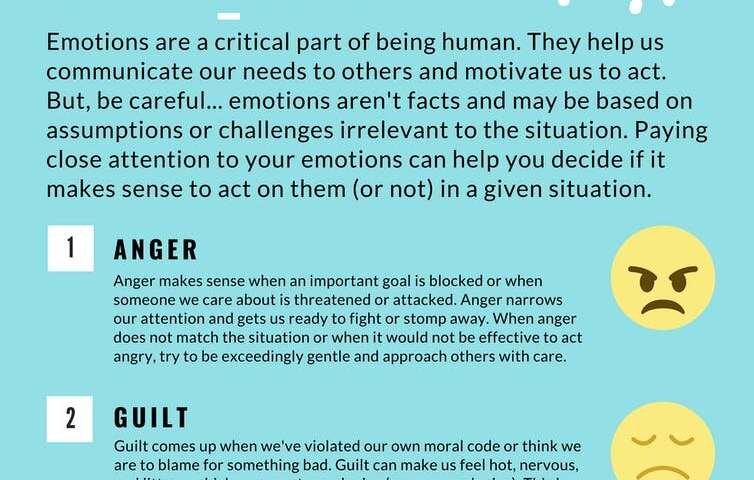5 therapeutic tools to manage stress better during COVID-19 restrictions

Declining mental health is a serious public health concern during the pandemic, with three- to five-fold increases in psychological distress across Canada, the United Kingdom, Italy and around the world.
In Canada, adverse mental health effects are even more elevated for parents. Our research shows how mothers’ mental health has been affected, and a preprint manuscript reveals the possible impact on fathers. Clinical teams are dramatically understaffed to meet population-level needs, and the most common therapeutic ‘self-help’ strategies are inadequate given the challenges of social isolation.
As clinicians who research how to handle tough emotions, we have found that skills from Dialectical Behaviour Therapy (DBT) are uniquely positioned to manage unpleasant emotions during lockdown stress. It is vital to consider new strategies to work through inevitable pandemic challenges and build mental health resilience.
DBT is an evidence-based therapy across depression, anxiety, substance use, eating disorder and anger-management symptoms. A “dialectical mindset” encourages people to validate the difficult circumstances that they find themselves in (acceptance), while also trying new skills if they want a different outcome (change).
At its core, DBT helps individuals learn about intense emotions and choose how to act in effective ways consistent with their long-term values. Different types of DBT skills can be used in different situations. Some skills are aimed at preventing difficult emotions from becoming overwhelming or at changing emotions in the moment, while others can be used when experiencing an intense emotion, to get through the moment without making the situation worse.
Paying attention on purpose (mindfulness) is key to descriptively identifying your thoughts, emotions, behavioral urges and the environment around you in non-judgmental ways, so that you can choose what to do next. For example, it would be helpful to notice rising feelings of frustration when you realize that your partner did not do their dishes, instead of elevating to angry outrage because your pain-in-the-ass partner never cleans up after themselves.
Next, consider your interpersonal values to decide the relative importance of getting an objective met (such as getting your partner to do the dirty dishes), maintaining your relationship (for example, delivering a request in a gentle non-attacking manner) or emphasizing self-respect (such as assertively communicating that they need follow-through on agreements for mutual respect).
Once you have mindfully defined the issue at hand, DBT posits that there are four options to dealing with any problem:
5 DBT strategies
Here are five key DBT strategies that validate difficult emotions invoked by the pandemic and make the case for changing automatic reactions that may be driven by strong emotions, such as self-medicating with substances, starting an argument or eating a pint of ice cream to feel better. These include:
Source: Read Full Article


